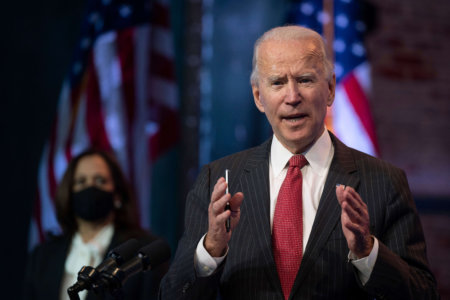
While international student enrolments have suffered directly from COVID-19 pandemic travel restrictions, certain institutions report a spike in interest. They offer the popular courses of 2021/22, in a time where distance learning is the norm and the global economy is volatile, to say the least. These learning institutions have been thriving in the pandemic, even recording higher enrolments in 2020 than in previous years. Let’s take a closer look.
Online universities
Conducting Zoom classes does not an online university make. That’s why institutions with proven experience in distance learning are desirable during the pandemic: they have managed to design more sophisticated offerings than other universities in this past year. Students want to see their tuition fees create real value, which necessitates an optimised virtual learning environment that can be easily accessed using different broadband speeds, at various time zones.
According to National Student Clearinghouse data, graduate programme enrolments actually grew 3.6% in fall 2020, likely owing to domestic enrolments. In fact, four in five full-time MBA candidates were US citizens. At the same time, Forbes further reports that though data shows college populations shrunk across the US, three states recorded higher enrolments: New Hampshire, Utah, and Virginia. These states are home to the three largest predominantly-online universities in the country, namely Southern New Hampshire University, Western Governors University, and Liberty University.
What does this prove? For one, students who are going ahead with their study plans are looking domestic first in 2021. More importantly, they are prioritising institutions with demonstrated experience in online learning. Today’s popular courses therefore include those which can be followed easily online, as well as postgraduate programmes that beef up the resume.
Business schools
The appeal of MBA programmes has continued to grow outside the US; except students from Asia and Latin America are choosing to pursue their MBA in Europe and Canada instead. In Europe, 80% of business school applications came from international candidates (business masters being among the popular courses), while Canadian institutions received 40% of applications from Asia.
According to the Graduate Management Admission Council (GMAC) 2020 Application Trends Survey, over 67% of 1,000 programmes surveyed report increased applications. They comprise 66% of MBA programmes and 67% of business master’s programmes. GMAC President and CEO explains this countercyclical nature of demand succinctly: “The opportunity cost of leaving a job to pursue an MBA or business masters lessens as economies begin to regress, as a result, we are now seeing more people thinking about B-school to grow or improve their career prospects.” Simply put, graduate students are equipping themselves to emerge stronger in the post-pandemic economic recovery.
“More individuals, across nearly every region, are choosing to pursue an advanced business degree amid economic uncertainty and we are likewise seeing business schools adjusting to this demand by tailoring admissions policies to the needs of specific regions. This is, of course, exactly the type of innovative adaptability we’ve come to expect from the business school sector,” said Martin Boehm, chairperson of the GMAC Board of Directors and Dean of IE Business School in Spain.










